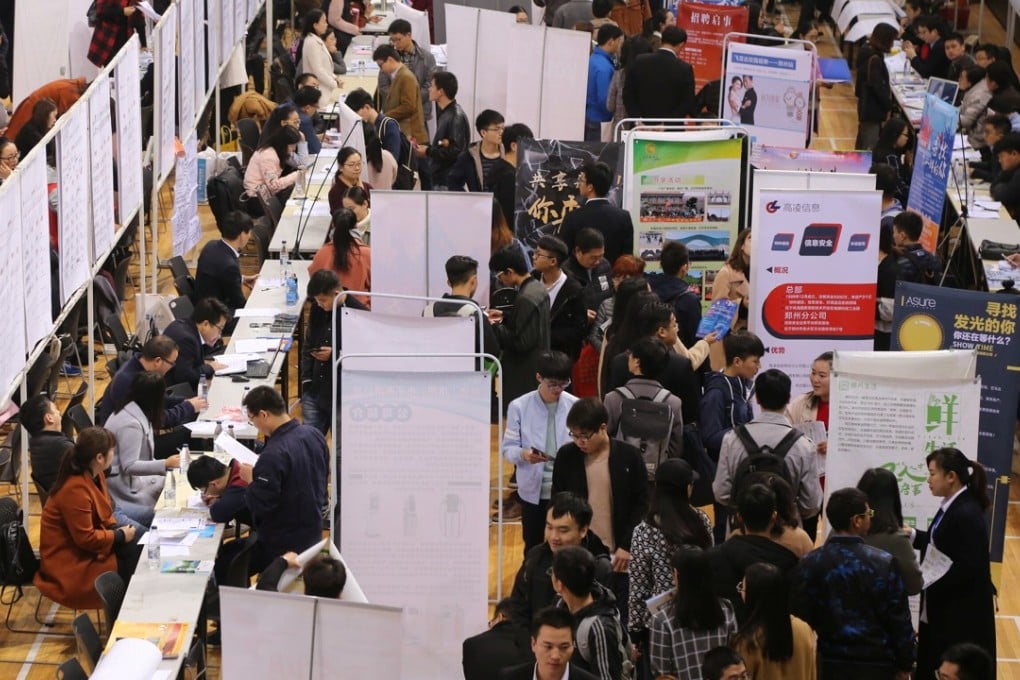China welcomes foreign students, but jobs hard to come by
There were 442,000 foreign students in China last year, more than half of them from Asia

Indonesian student Calvin Ho became interested in China in 2013 and applied for a place in a two-year master’s programme in international relations at Beijing’s prestigious Tsinghua University last year.
He said he had been very satisfied with the class discussions, his alumni network and his weekend expeditions, and had hung the medals he earned by finishing two marathons in Beijing on his dormitory wall. But Ho, who is also learning Chinese, said that when it came to the finding a job after his graduation next summer, he admitted he was clueless.
“I really, really want to work in China, to take advantage of my educational background, but some of my seniors did not get a job and had to return home,” he said. “I think there are campus job fairs, but they are all in Chinese.”
Chinese universities have become increasingly popular with international students, with their numbers rising from 52,150 in 2000 to 442,000 last year. More than half came from Asia, with the next biggest source being Africa.
A survey by the Beijing Language and Culture University in 2001 found a third of foreign students wanted to stay in China to work. A survey of international students at Peking University in 2009 found that 82.7 per cent came to China to study because they wanted a career related to China. A job fair for international students held last year by the Ministry of Education found that 95 per cent of them wanted a job in China.